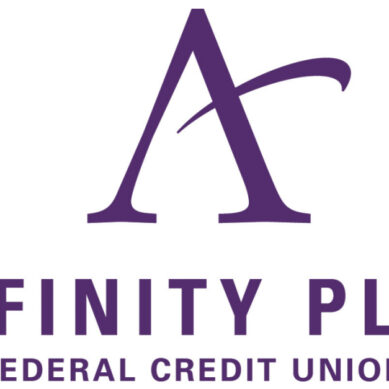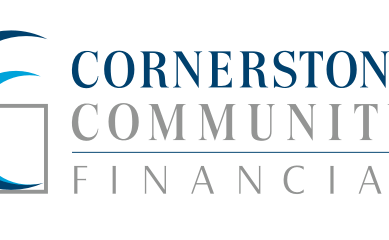“Before anything else, preparation is the key to success.” – Alexander Graham Bell
Throughout history, no small premium has been put on the importance of preparation. In business, athletics, war, politics, education, and personal relationships, it’s difficult to imagine any walk of life or facet of the human condition that wouldn’t benefit from some measure of foresight and preparation.
Here in the business of financial institutions, where there is an enormous and ever-expanding universe of vital enterprise data to maintain, organize, and bear the responsibility for, the notion of preparation (in all of its most general and specific considerations) should be among a credit union’s highest priorities.
Hoarding data isn’t helpful, you need to maintain it
To effectively serve its cooperative members, a credit union should, of course, always be prepared to handle the day-to-day routine transactional activities and customer service. Behind the scenes though, a credit union will undoubtedly generate vast amounts of data pertaining to its operational activities and its members’ personal financial histories. While quick and easy access to this data may not be an everyday need, the management and maintenance of this information should nevertheless be the subject of a focused, organized strategy.
Within the requirements of a well-defined records management policy (and its timeline for retention, in particular), the establishment and subsequent maintenance of a credit union’s data archives should be considered of utmost importance. CUSOs, mine included, often provide archival services in an effort to drive our credit union owner’s successful operation with regards to their own vault of historical data.
When a credit union elects to receive monthly, quarterly, and annual data-type specific archive CD or DVD media from our CUSO’s archives, it may be a common occurrence that, in the immediate day-to-day requirements of doing business, the provided archive materials are set aside or worse, entirely disregarded or forgotten. On the contrary, a consistent and organized strategy of maintaining the physical media itself, or transferring the archive data from the media to an ordered and accessible network structure, will reliably provide the peace of mind that any credit union is indeed…yes, prepared!
“We should remember that good fortune often happens when opportunity meets with preparation.” – Thomas Edison
Like insurance, data retention is your safety net
You likely maintain different insurance policies covering your health care, home, vehicle, and business needs. It’s entirely possible that you may never file a claim on some of the insurance coverage that you carry, but if you have it, it’s there when or if you need it. You may perhaps purchase an extended warranty on a product or service, but never actually act on that warranty should the necessity never arise. But if an appliance unexpectedly stops working and requires repair or replacement, the warranty you proactively put in place will minimize the pain in resolving the situation.
Similarly, archives can provide the same proactive approach for the financial institution. Our credit union owners can elect to receive archived data, and the possibility exists that a great deal of that archived material may not be accessed or used. But if the effort to maintain it in an organized up-to-date manner is made, it will unquestionably be repaid with the peace of mind that, if called upon, a credit union can act efficiently and effectively to provide material and information that, due to unforeseeable circumstances, has suddenly become highly important.
An upcoming audit may require provision of historical operating reports. A member may experience a sudden life event requiring urgent access to his or her monthly statements dating back many years. Often, specific requests such as these need to be handled on an expedited basis. Regardless of the situation, having your archive in place and ready to access offers the ability to act quickly and decisively, to avoid scrambling in a panic to provide answers, and to minimize concerns on handling urgent requests.
With a successful and efficient archive operation, your information is at the ready, and so are you!






























































